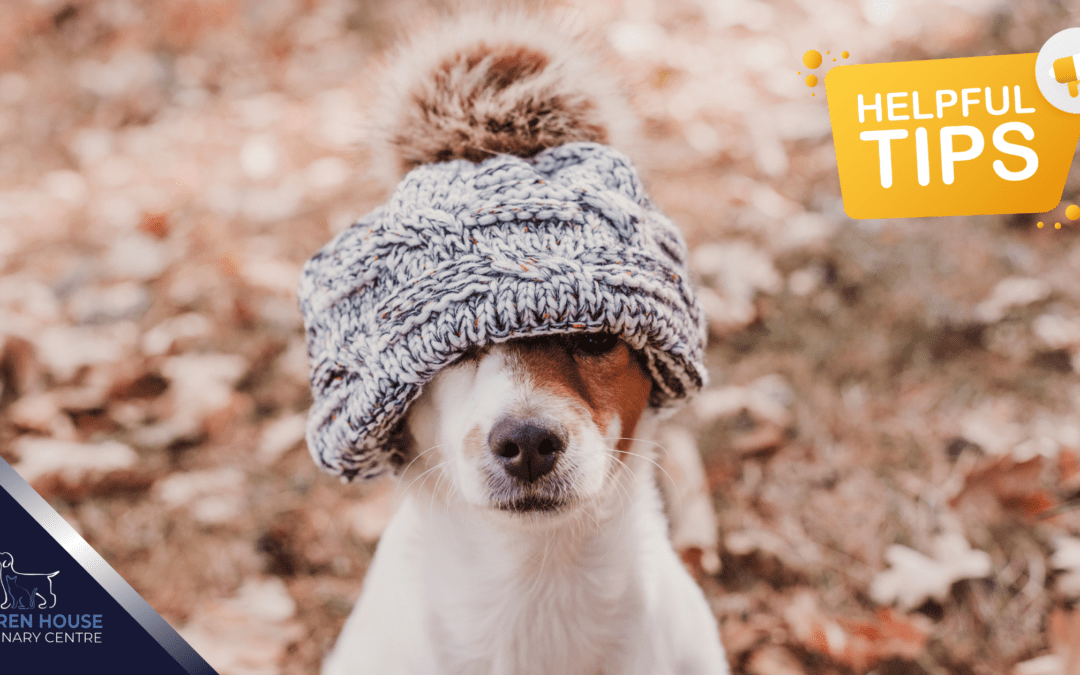As winter approaches, the colder temperatures and harsher weather conditions bring new challenges for pet owners. Taking extra precautions is essential to ensure your pets stay healthy, safe, and warm. Here are some key winter pet health tips to keep your furry companions happy this season!
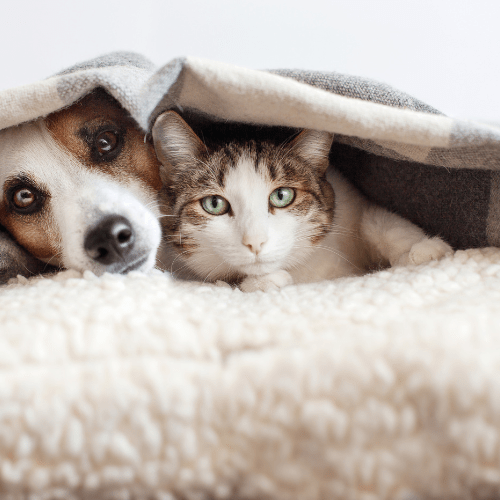
1. Keep Pets Warm Indoors
Just like us, pets feel the cold. While some pets enjoy outdoor activities, limiting their time outside during freezing temperatures is important. Keep them cosy indoors, especially overnight when the temperatures can drop significantly. Make sure their bedding is warm, comfortable, and away from drafts.
Tip: Short-haired and senior pets may benefit from wearing a pet sweater or jacket to retain body heat.
2. Watch for Winter Paws
Snow, ice, and cold pavements can be tough on your pet’s paws. Snow can get stuck between their toes, causing discomfort, while the chemicals in road salt can be harmful if ingested. After walks, clean your pet’s paws with a damp cloth to remove any salt or ice, and consider using pet-safe paw wax or booties for added protection.
Tip: Trim the hair around your dog’s paws to reduce ice buildup between the toes.
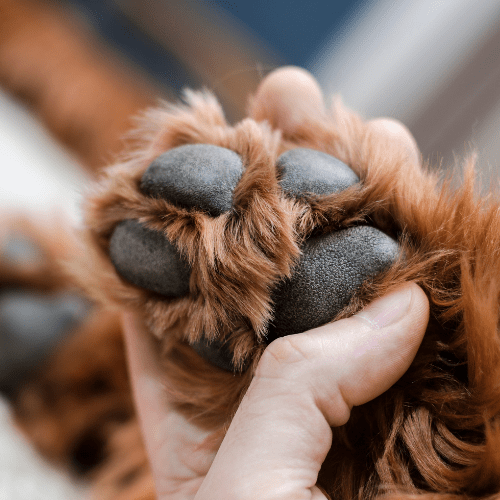
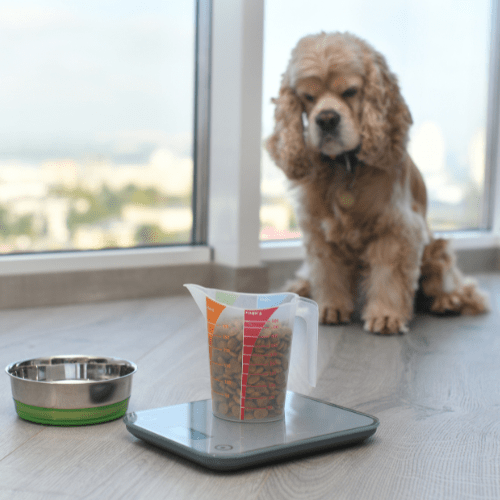
3. Maintain a Healthy Diet
During colder months, pets may burn more energy staying warm. Some pets, especially those more active outdoors, might require a slight increase in food intake. On the other hand, indoor pets who are less active may need their food adjusted to prevent weight gain. Consult your vet to determine the appropriate diet for your pet’s winter activity level.
Tip: Ensure your pet has access to plenty of fresh water, as heating systems can dry out the air and cause dehydration.
4. Beware of Antifreeze Poisoning
Antifreeze is extremely toxic to pets, and unfortunately, its sweet taste can attract them. Keep all antifreeze products out of reach, and clean up any spills immediately. If you suspect your pet has ingested antifreeze, seek veterinary attention immediately.
Tip: Use pet-safe antifreeze in your vehicle to minimise the risk to your pets.


5. Provide Mental Stimulation Indoors
Winter weather can limit outdoor play, but pets still need physical and mental stimulation. Interactive toys, treat puzzles, and indoor training sessions can keep your pet entertained and active when outdoor exercise is limited.
Tip: Consider scheduling indoor playdates with other pets or exploring pet-friendly indoor spaces to keep your pet engaged.
6. Monitor for Signs of Hypothermia & Frostbite
Pets are susceptible to hypothermia and frostbite in extremely cold conditions. Watch for signs such as shivering, lethargy, or pale skin, especially on the ears, tail, and paws. If you notice any symptoms, bring your pet indoors immediately and warm them gradually. Contact your vet if their condition doesn’t improve.
Tip: Limit your pet’s time outside, especially in freezing temperatures. Older pets, puppies, and those with chronic health conditions are at higher risk.
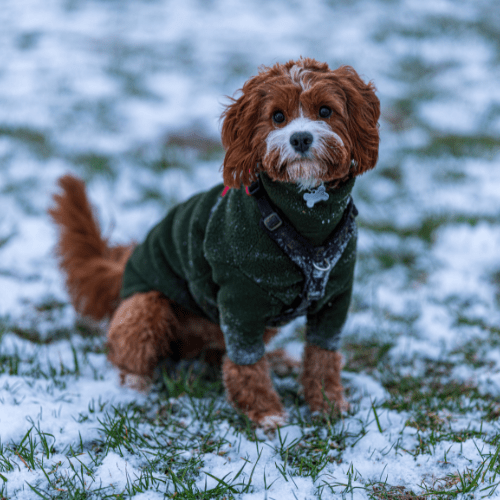
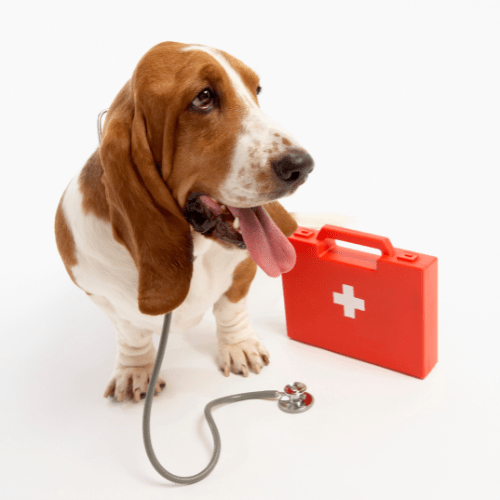
7. Prepare for Winter Emergencies
Severe winter storms can make it difficult to get to the vet, so it’s important to have a well-stocked pet emergency kit at home. Include essential items like food, water, any necessary medications, and a blanket to keep your pet warm.
Tip: Make sure your pet’s ID tags and microchip information are up to date, as pets can become disoriented and lost more easily during winter storms.
8. Keep Your Pet Groomed
Regular grooming is still important in winter! For long-haired pets, a well-maintained coat will provide better insulation, while regular brushing prevents matting. For short-haired pets, be mindful of how much time they spend outside, as they are more susceptible to cold.
Tip: Avoid shaving your pet’s fur too short in winter, as their coat helps protect them from the cold.

By taking these simple precautions, you can ensure that your pets stay healthy, warm, and safe throughout the winter months. If you have any concerns or need personalised advice, feel free to reach out to your vet. At Warren House Veterinary Centre Ltd, we’re here to help keep your pets happy all year round.
Stay warm and have a paw-some winter!
Thank you for reading, until next time…

